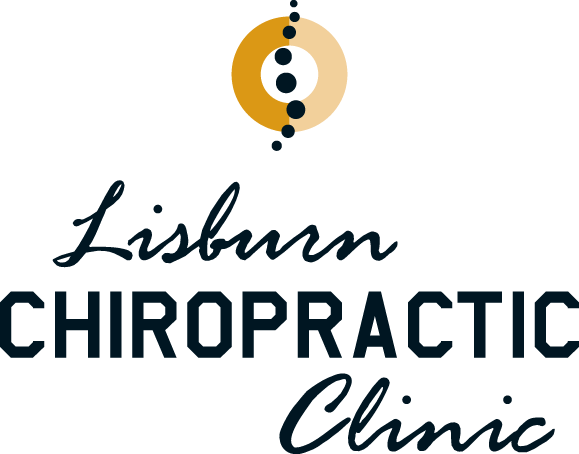
Stress
Mental stress can have a significant impact on your spine and overall musculoskeletal health. When you're stressed, your muscles tend to tense up as part of the body's natural response to perceived threats. This muscle tension can affect your posture and alignment, putting added strain on your spine.
Over time, chronic stress can contribute to muscle imbalances, leading to issues like back pain, neck pain, and headaches. Additionally, prolonged stress can exacerbate existing spinal conditions such as herniated discs or spinal misalignments.
Furthermore, stress can also affect the nervous system, leading to heightened sensitivity to pain and increased muscle tension. This can create a vicious cycle where stress exacerbates spinal issues, which in turn, contribute to more stress and discomfort.
To mitigate the impact of mental stress on your spine, it's important to practice stress management techniques such as mindfulness, deep breathing exercises, regular physical activity, and relaxation techniques. Additionally, maintaining good posture, staying active, and seeking chiropractic care or other forms of therapy can help alleviate tension in the spine and prevent stress-related musculoskeletal problems.
How it works
There are 3 key elements to our patients journey or introduction to our practice and continuity of care.
-
Your initial consultation will begin with a thorough discussion to understand and develop your medical history. We take the time to listen, ensuring we gather all necessary details.
-
On your second visit, we’ll bring together all the elements from your initial consultation. Our chiropractor will review the findings and answer any questions you may have. We’ll recommend a care plan tailored to your history, pain, and objective findings, such as X-rays, scans, and tests. Establishing a timeline is crucial for optimal healing, allowing you to track progress, become symptom-free, and stabilise your condition. Healing takes time, especially for those who’ve had unresolved issues for months or years. What sets us apart is our comprehensive setup: all services under one roof, a well-organised practice, and an efficient information processing system. Once we discuss your care plan and fee structure, you’ll be directed to the treatment area, where the magic begins.
-
Patients’ perception of a chiropractic adjustment on the first visit can vary greatly. It’s not always the clicking or cracking sound you might expect. The adjustment can be manual, low-force, or even no-force. Sometimes, we also use specialised equipment to achieve the best result.
A typical chiropractic adjustment can vary depending on your case, any contraindications to care, and the modality chosen by your chiropractor.
At Lisburn Chiropractic, we use a blend of traditional techniques like Diversified, Gonstead, SOT, Drop-piece Terminal Point Technique, Activator Methods, NET, Network Spinal Analysis, and Flexion Distraction/Spinal Decompression Technique.
Our aim is straightforward: to ensure full spinal function, mobility, flexibility, and flow.
We focus on your chief complaint, whether it’s lower back pain, headaches, or rotator cuff syndrome, while paying attention to the biomechanics of your entire spine, the tone of your body, and energy state.
A holistic approach to your health and well-being is our top priority. Seeing you thrive naturally is what drives our passion. Your health is a journey, and we’re here to support you along the way. Alignment is Key. Its is not unusual for patients to spring up from their adjustments feeling light, invigorated and free. We look forward to getting you started.
Get back to being the best version of yourself.
Book an appointment with Lisburn Chiropractic Clinic today.



